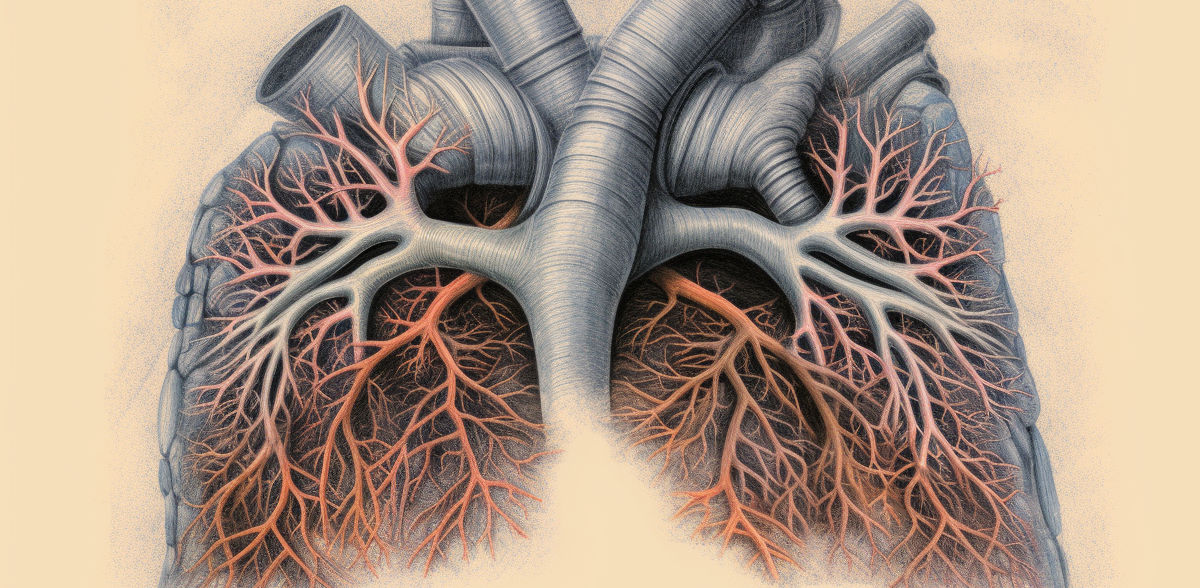Epigenetic "profiling" identifies potential targets for treatment of COPD
Scientists have established a detailed epigenetic profile of COPD fibroblasts, identifying potential targets for COPD treatment
Advertisement
About 600 million people worldwide are affected by COPD. The disease is characterized by chronic inflammation, progressive narrowing of the airways and destruction of the alveoli. Despite the worldwide prevalence of the condition, it is not yet known what molecular mechanisms underlie the impaired lung fibroblast function in COPD. "For example, we know that smoking - the main risk factor for COPD - strongly alters the epigenome of lung cells. However, we do not yet know what epigenetic changes occur in lung fibroblasts during disease progression and how these changes trigger aberrant signaling pathways that drive the impaired functions of fibroblasts in COPD," said Maria Llamazares-Prada of the German Cancer Research Center (DKFZ), one of the first authors of the current study.
Changes in cellular programs are driven by a variety of epigenetic modifications. These chemical marks influence which genes are read and which are not. The best-studied epigenetic mechanism is the attachment of methyl groups to DNA.
Alterations in the methylation pattern in COPD have been studied before, but mostly in mixed cell populations. Together with colleagues from Cardiff University, the Translational Lung Research Center, Boehringer Ingelheim and the BioMedX Institute in Heidelberg, Uwe Schwartz and Llamazares have now for the first time analyzed the methylome of isolated COPD fibroblasts at different disease stages at high resolution.
The researchers found that significant methylation changes occur early in the disease, particularly in regulatory regions of the genome. Specific proteins can dock to these regions of the genome, activating or inhibiting transcription and thereby affecting the activity of various genes.
An important finding of the team was that regions with altered methylation patterns contain binding sites for the two transcription factors TCF21 and FOSL2/FRA2. TCF21 and FOSL2/FRA2 regulate important cellular processes associated with COPD in fibroblasts. This discovery, in conjunction with the integration of DNA methylation and gene expression data, led to the selection of 110 candidate genes that may control COPD-typical changes in fibroblasts.
Renata Z. Jurkowska of Cardiff University (UK), lead author of the study, explains, "Our goal was to support the development of new diagnostic strategies for early-stage COPD and also to find evidence for genes with potential disease-driving properties. Further research is now needed to determine which target genes in the lung fibroblasts are controlled in their activity by the regulators we identified and what specific role they play in disease development. The results open a new window to understanding the epigenetic basis of COPD and could contribute to innovative treatment approaches for this incurable disease."
Note: This article has been translated using a computer system without human intervention. LUMITOS offers these automatic translations to present a wider range of current news. Since this article has been translated with automatic translation, it is possible that it contains errors in vocabulary, syntax or grammar. The original article in German can be found here.
Original publication
Uwe Schwartz, Maria Llamazares Prada, Stephanie T Pohl, Mandy Richter, Raluca Tamas, Michael Schuler, Corinna Keller, Vedrana Mijosek, Thomas Muley, Marc A Schneider, Karsten Quast, Joschka Hey, et al: "High-resolution transcriptomic and epigenetic profiling identifies novel regulators of COPD"; EMBO Journal 2023.























































